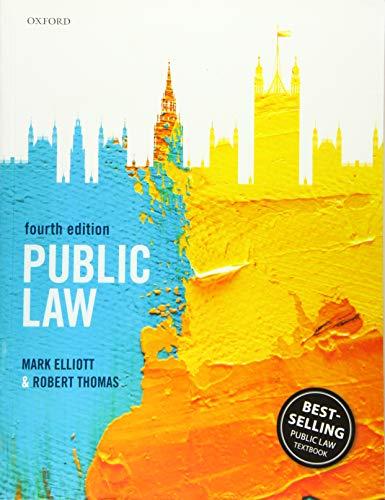Question
Q5.Which of the following statements is false? (a)Tenants in common have separate and distinct interests from each other, but are entitled to simultaneous enjoyment of
Q5.Which of the following statements is false?
(a)Tenants in common have separate and distinct interests from each other, but are entitled to simultaneous enjoyment of the whole of the property.
(b)Tenants in common share a right of survivorship.
(c)Tenants in common have a unity of possession.
(d)Tenants in common can each deal with third parties as to their share as a separate owner.
Q11. When a restrictive covenant is registered on the certificate of title to bind successive owners of the burdened land the restrictive covenant is said to:
(a)Run with the title.
(b)Run with the burden.
(c)Run with the land.
(d)Run with the benefit.
Q13. The practice of an unscrupulous landlord insisting on a separate payment to allow access to a retail property is known as:
(a)Key money.
(b)Door money.
(c)Access money.
(d)Wink and a nod money.
Step by Step Solution
There are 3 Steps involved in it
Step: 1

Get Instant Access to Expert-Tailored Solutions
See step-by-step solutions with expert insights and AI powered tools for academic success
Step: 2

Step: 3

Ace Your Homework with AI
Get the answers you need in no time with our AI-driven, step-by-step assistance
Get Started


